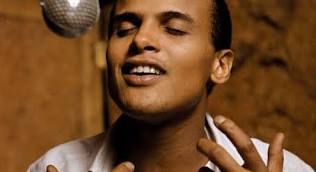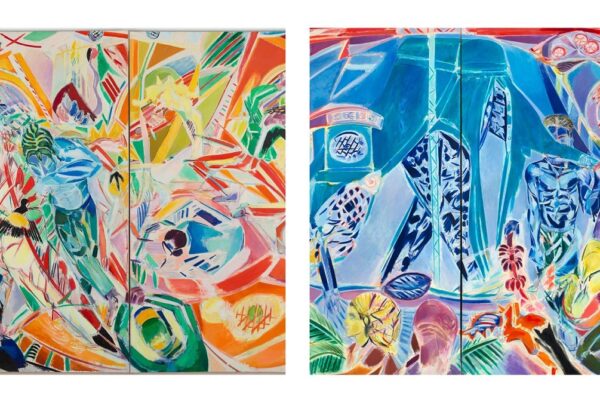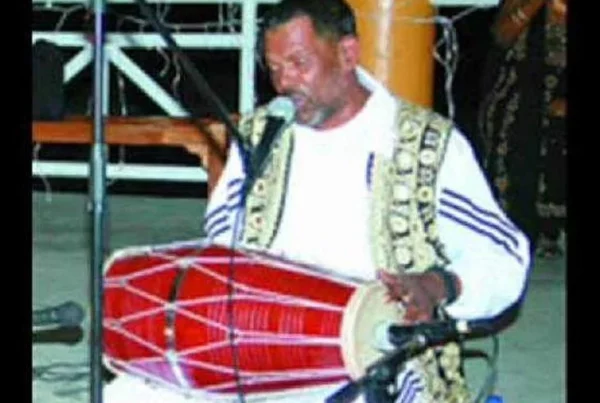Singer, actor, and human rights activist Harry Belafonte died Tuesday at age 96 of congestive heart failure. He broke racial barriers and balanced his activism with his artistry in ways that made people around the world listen. Belafonte, who was an EGOT holder for his Emmy, Grammy, Oscar, and Tony awards, died at his home in New York, his publicist announced.
Style, class, and charisma: That was Harry Belafonte as a performer. In the 1950s, his recordings for RCA Victor, which included his iconic version of the Jamaican folk song “Day-O” (also known as “The Banana Boat Song”) set off a craze for calypso music. With his good looks and his shirt unbuttoned to his chest, audiences — Black and white — adored Belafonte at a time when most of America was still segregated.
Belafonte was born in Harlem. His parents were from the Caribbean; his mother was Jamaican, and his father was from the island of Martinique. His mother, who was a cleaning lady, took him back to her native Jamaica, where he absorbed the island’s culture.
The singer told NPR in 2011 that his recording of “The Banana Boat Song” was inspired by the vendors he heard singing in the streets.
“The song is a work song,” he said. “It’s about men who sweat all day long, and they are underpaid. They’re begging for the tallyman to come and give them an honest count: ‘Count the bananas that I’ve picked so I can be paid.’ When people sing in delight and dance and love it, they don’t really understand unless they study the song — that they’re singing a work song that’s a song of rebellion.”
See the full article at: NPR



